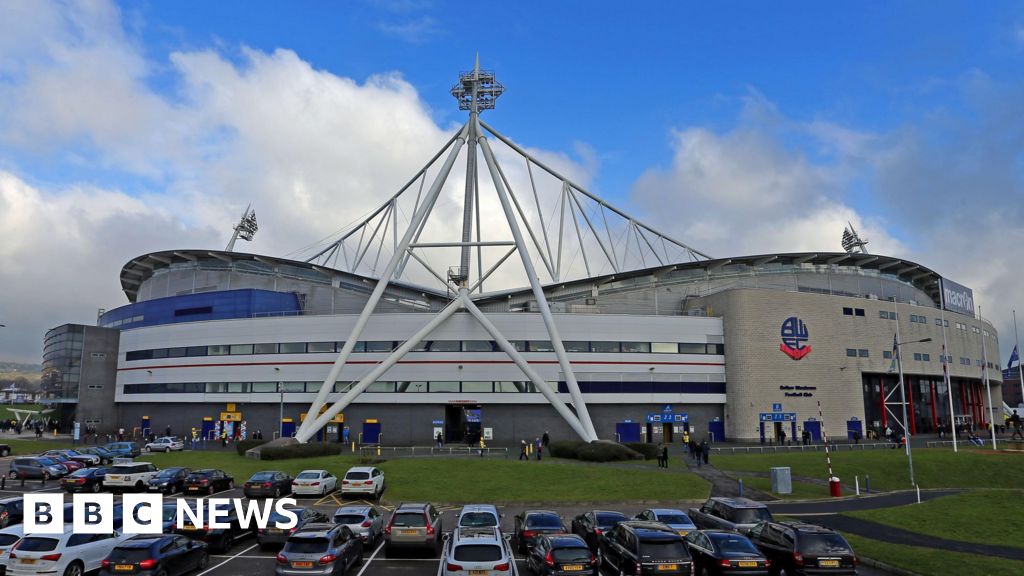Takeup of the government’s offer of free childcare has been one-quarter higher than predicted, which has prompted some voices in the sector to warn of its imminent “collapse”, because it is unclear how the planned expansion of the scheme in September will be funded.
Bridget Phillipson, the education secretary, in an exclusive interview with The Independent, says the unexpectedly high numbers signing up for the scheme is a “good problem to have”.
There is no doubt that there is a problem, however. The higher takeup meant that the Department for Education spent £2bn on the scheme in the last financial year, covering most of the first year of the Labour government, rather than the planned £1.6bn.
That gap was covered by additional funding announced in the spending review in March, but as we report today, the Institute for Fiscal Studies estimates that the gap will continue to widen as the scheme expands.
The next expansion will happen in September, when working parents with children aged nine months and older will be offered 30 hours a week of “free” childcare. Of course, the care is not “free” in that it has to be paid for by taxpayers generally – on the grounds that helping the parents of young children to work is a public good. As Ms Phillipson puts it: “If people are able to work, or work a few more hours, that helps us all as a society as well and it gets economic growth going.”
The funding of the scheme will continue to be under pressure, but the most important fact about the scheme so far is that it has not collapsed. The Independent was among those voices warning that it had been underfunded by the Conservative government, but to its credit the new government has increased the money available.
The finances of the scheme may be stretched, and many childcare providers continue to say that they cannot recruit enough staff at the wages they can afford, but the gloomier warnings of chaos and thousands of parents left without places have not yet been borne out. It is crucial to remain vigilant as the scheme expands so that remains the case.
At the insistence of Jeremy Hunt, the chancellor in the previous government, the scheme was designed to start small, with a limited offer of free hours to older children, before expanding gradually to provide full coverage.
This September’s expansion is the final stage of that planned rollout, which so far has gone more smoothly than we expected. If the last stage is a stretch too far and some parents cannot immediately find the places they want, that would be a blow to the government’s ambitions.
Ms Phillipson is right that the problem facing the scheme in its final phase is the problem of success. The higher-than-expected demand means additional pressure on the public finances in the later years of this parliament – pressure that coincides with other increased demands on Rachel Reeves, the chancellor, from slow growth, higher interest rates and a government U-turn on disability benefits spending.
Providing greater access to free childcare is a good policy that will help working families. Its success and ambition should be applauded. The government must now make sure that its expansion is a success.





